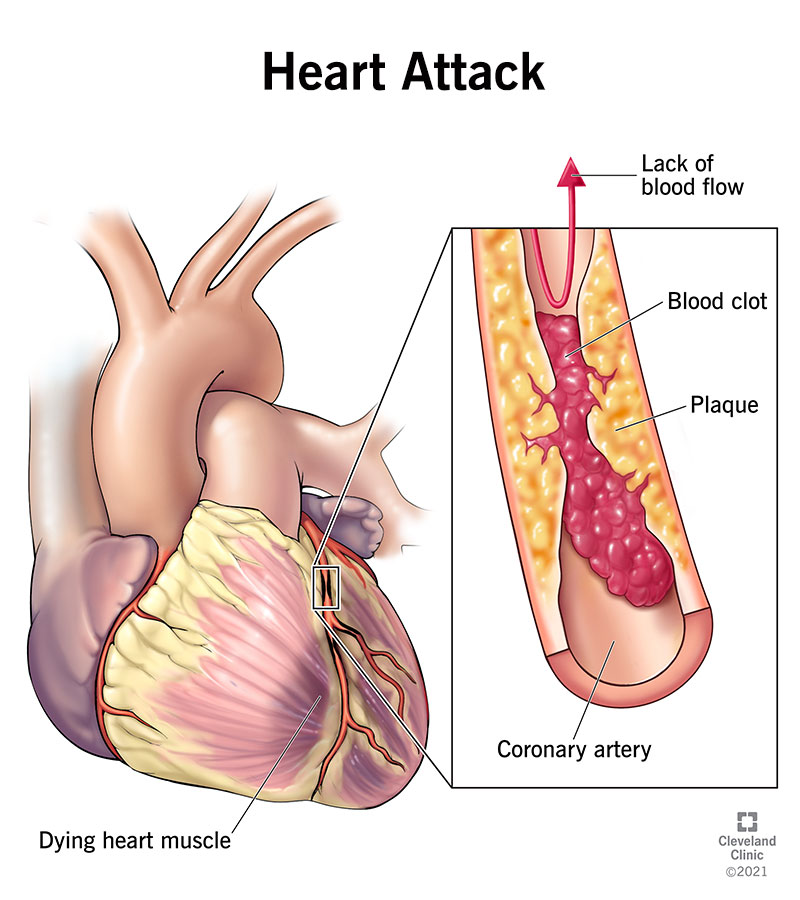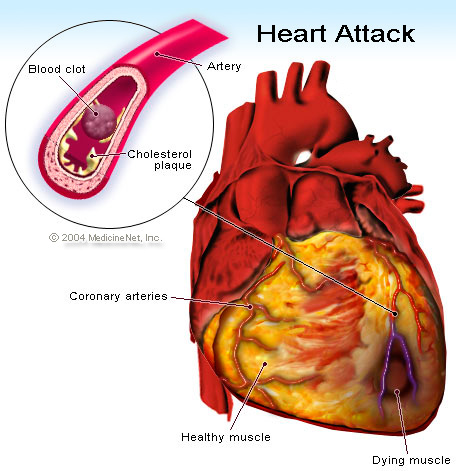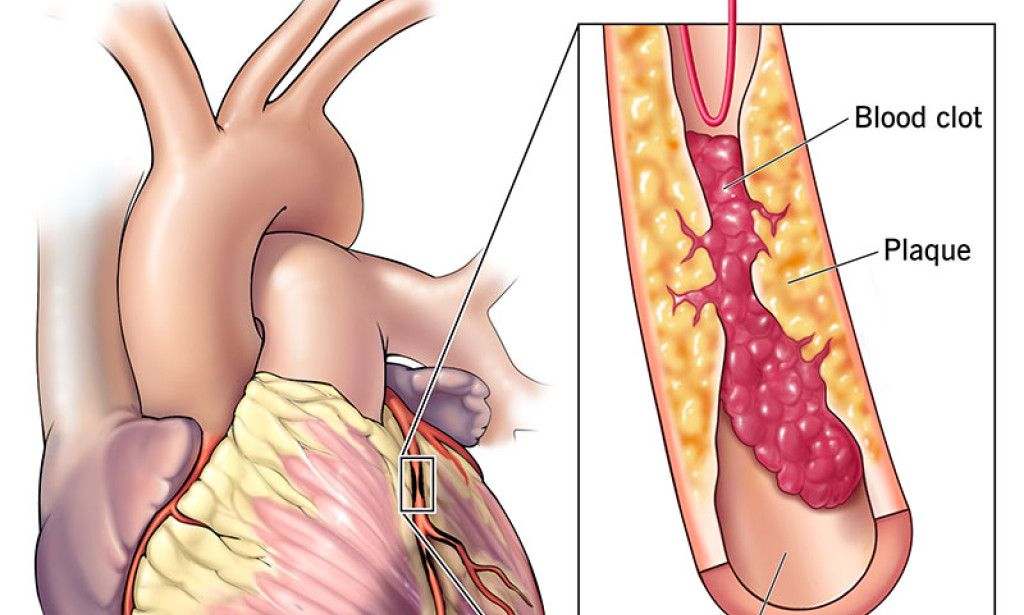 Introduction:
Introduction:
Heart attacks, also known as myocardial infarctions, are frightening events that occur when blood flow to a part of the heart is blocked for a long enough time that part of the heart muscle is damaged or dies. This can have severe and even fatal consequences. Understanding the causes, symptoms, prevention, and treatment of heart attacks is crucial for everyone, as they can happen suddenly and affect people of all ages. In this article, we will delve into the intricacies of heart attacks, shedding light on various aspects to empower individuals to take proactive measures for heart health.
Understanding Heart Attacks:
A heart attack occurs when the flow of oxygen-rich blood to a section of the heart muscle is blocked. The blockage is often caused by the buildup of plaque, a substance made up of fat, cholesterol, and other substances found in the blood. Plaque buildup, known as atherosclerosis, narrows the arteries and restricts blood flow. When a plaque ruptures, a blood clot forms around it, further blocking the flow of blood to the heart muscle.
Causes of Heart Attacks:
Several factors contribute to the development of plaque and increase the risk of heart attacks. These include:
1. **Unhealthy Diet:**
Consuming a diet high in saturated fats, trans fats, cholesterol, and sodium increases the risk of plaque buildup and atherosclerosis.
2. **Lack of Physical Activity:**
Sedentary lifestyles contribute to obesity and other risk factors for heart disease, such as high blood pressure and high cholesterol levels.
3. **Smoking:**
Tobacco smoke contains chemicals that damage blood vessels and increase the formation of plaque.
4. **High Blood Pressure:**
Hypertension puts extra strain on the heart, leading to the thickening and narrowing of arteries.
5. **High Cholesterol:**
Elevated levels of LDL cholesterol ("bad" cholesterol) can lead to the accumulation of plaque in the arteries.
6. **Diabetes:**
Diabetes increases the risk of heart disease by damaging blood vessels and affecting cholesterol levels.
Symptoms of a Heart Attack:
Recognizing the symptoms of a heart attack is crucial for seeking immediate medical attention. Common symptoms include:
1. **Chest Pain or Discomfort:**
This is the most common symptom of a heart attack. It may feel like pressure, squeezing, fullness, or pain in the center of the chest that lasts for more than a few minutes or goes away and comes back.
2. **Pain or Discomfort in Other Areas of the Upper Body:** This can include pain or discomfort in one or both arms, the back, neck, jaw, or stomach.
3. **Shortness of Breath:** This may occur with or without chest discomfort.
4. **Other Symptoms:** These can include cold sweats, nausea, lightheadedness, or fainting.
It's important to note that not everyone experiences the same symptoms, and some people may have a heart attack without experiencing chest pain.
Prevention of Heart Attacks:
Preventing heart attacks involves making lifestyle changes and managing risk factors. Here are some strategies for heart attack prevention:
1. **Healthy Diet:** Eat a balanced diet rich in fruits, vegetables, whole grains, lean proteins, and healthy fats. Limit intake of saturated fats, trans fats, cholesterol, and sodium.
2. **Regular Exercise:** Engage in moderate-intensity aerobic exercise for at least 150 minutes per week, as recommended by health authorities.
3. **Maintain a Healthy Weight:** Aim for a body mass index (BMI) within the healthy range.
4. **Quit Smoking:** If you smoke, seek support to quit smoking and avoid exposure to secondhand smoke.
5. **Manage Stress:** Practice stress-reducing techniques such as meditation, deep breathing exercises, or hobbies that you enjoy.
6. **Monitor Blood Pressure and Cholesterol:** Have regular check-ups with your healthcare provider to monitor and manage high blood pressure and cholesterol levels.
Treatment of Heart Attacks:
Immediate medical treatment is crucial for minimizing damage to the heart during a heart attack. Treatment may include:
1. **Medications:** Aspirin and other antiplatelet medications help prevent blood clots. Thrombolytic drugs help dissolve blood clots that are blocking the coronary arteries. Other medications may be prescribed to reduce chest pain, lower blood pressure, or stabilize the heart rhythm.
2. **Medical Procedures:** Procedures such as coronary angioplasty and stenting may be performed to open blocked arteries and restore blood flow to the heart. In some cases, coronary artery bypass surgery may be necessary to bypass blocked or narrowed arteries.
3. **Cardiac Rehabilitation:** After a heart attack, participating in a cardiac rehabilitation program can help improve heart health and reduce the risk of future heart problems. These programs typically include exercise training, education on heart-healthy living, and counseling to reduce stress.
Conclusion:
Heart attacks are serious medical emergencies that require immediate attention. By understanding the causes, symptoms, prevention, and treatment of heart attacks, individuals can take proactive steps to protect their heart health. Making lifestyle changes, managing risk factors, and seeking timely medical care are key components of heart attack prevention and management. With knowledge and action, we can reduce the burden of heart disease and improve overall heart health for ourselves and future generations.



You must be logged in to post a comment.